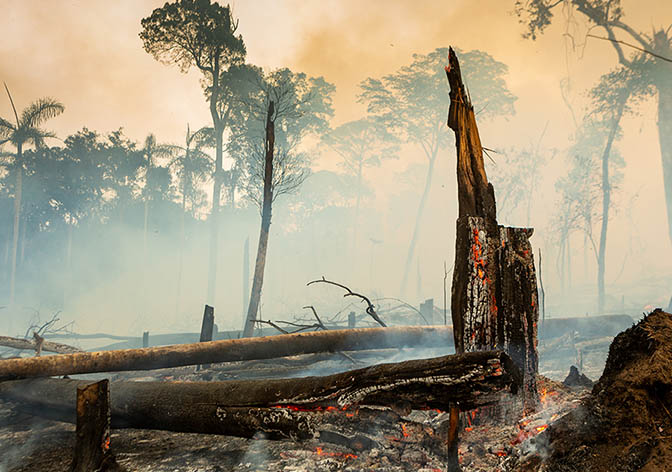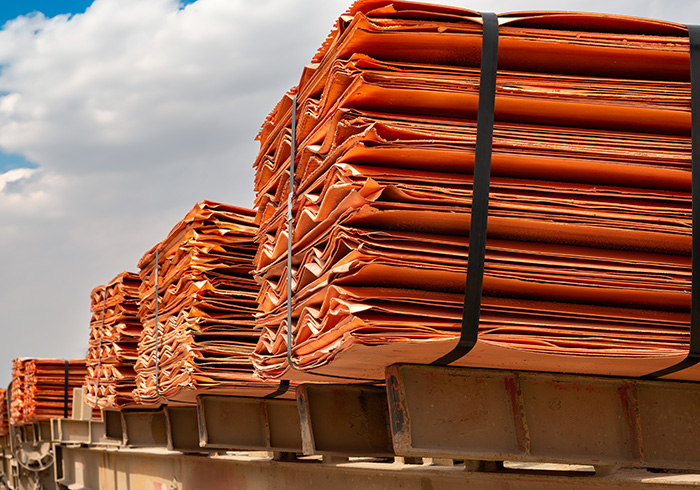Former central bank governor Mark Carney has acknowledged that voluntary standards produced by the Glasgow Financial Alliance for Net Zero (GFANZ) are not doing enough to cut emissions among members, calling for the introduction of mandatory requirements by G20 governments.
GFANZ, a Carney-led coalition of over 550 financial institutions that was launched ahead of last year’s Cop26 summit, has this week had its effectiveness questioned by UN experts and climate campaigners.
The alliance “must reinforce high-quality voluntary efforts and consolidate best practices into general norms”, says a report published on November 9 by a UN expert group on net-zero emissions commitments.
“To effectively tackle greenwashing and ensure a level playing field, nonstate actors need to move from voluntary initiatives to regulated requirements for net zero,” says expert group chair Catherine McKenna.
The report adds: “Financial institutions should have a policy of not investing or financing businesses linked to deforestation, and should eliminate agricultural commodity-driven deforestation from their investment and credit portfolios by 2025.”
But a report published this morning by campaign group Global Witness accuses several asset management firms signed up to GFANZ of failing to scale back investment in companies linked to deforestation, or in some cases, increasing their exposure over the past year.
Veronica Oakeshott, forests campaign leader at Global Witness, says membership of GFANZ risks becoming “little more than a badge to be worn by banks and financiers who continue to plough money into practices that are destroying our forests”.
“Despite the huge fanfare around GFANZ, its members’ efforts on deforestation as a whole are woefully inadequate,” she says.
In a statement provided to GTR, Carney says private financial institutions have been “working at pace to set actionable near-term emissions-reduction commitments and to develop a comprehensive approach to transition finance”.
“But there are limits to voluntary actions, time is short, and the world will not make enough progress without more effective government policies and meaningful reforms to the international financial architecture,” he says.
“As the McKenna report rightly stresses, G20 standard setters should now develop mandatory frameworks for transition finance, drawing on market-based approaches including the new GFANZ net-zero transition planning framework.”
The alliance will advocate for the inclusion of net-zero transition plans in “global regulation and supervision”, Carney adds.
Investing in deforestation
Campaign groups continue to target the ongoing role of banks and asset managers in supporting companies linked to deforestation, including destruction of the Amazon rainforest to increase production and exports of beef, soy and other commodities.
Deforestation dramatically reduces the volume of carbon dioxide that trees and plants can extract from the atmosphere, while also increasing greenhouse gas emissions from agricultural activity.
Today’s Global Witness report says that over a year since GFANZ launched, there has only been a 3% reduction in deforestation-risk investment among its members, and in some cases, investments have increased over that period.
“360 asset managers participating in the alliance continue to hold such investments worth a combined US$8.5bn,” it says.
“This includes the likes of financial giants BlackRock, Vanguard, and Deutsche Bank, all of whom have continued to invest in agri-business companies that stand accused of mass-scale deforestation such as the Brazilian meatpacker JBS.”
Global Witness has previously used satellite imagery to show large-scale deforestation in JBS’ supply chains, as well as those of other Brazilian soft commodity producers, criticising banks that provide support in the form of term loans, trade finance and revolving credit facilities.
It now adds that GFANZ members appear to have collectively increased their exposure to JBS since September 2021, with exposure to its beef operations increasing by US$129mn, or 8%, over that period.
Investors that continue to hold shares in JBS include US asset managers Vanguard, BlackRock and State Street, as well as Deutsche Bank subsidiary DWS, the report says.
A spokesperson for Vanguard tells GTR the company “expects boards to oversee material risks and provide clear, comparable and consistent deforestation-related disclosure, including internal targets and disclosure of progress against those targets”.
“If a company does not make progress towards addressing such risks, we will hold them accountable to protect long-term value for our investors,” they say.
DWS says it is improving the data available to portfolio managers and the integration of forest-related risks into the investment process, and is in dialogue with some of the companies noted in Global Witness’ research over the risks and effects of deforestation.
A spokesperson adds: “Our engagement is based on the idea that we only achieve positive change when we make an impact, and that we exert this influence most effectively when we are invested.”
State Street, BlackRock and JBS did not respond when contacted.
GFANZ members also increased their investment in three other agribusinesses linked to deforestation – Astra Argo Lestari, SLC Agricola and Wilmar International – by a combined total of US$36mn, Global Witness says.







